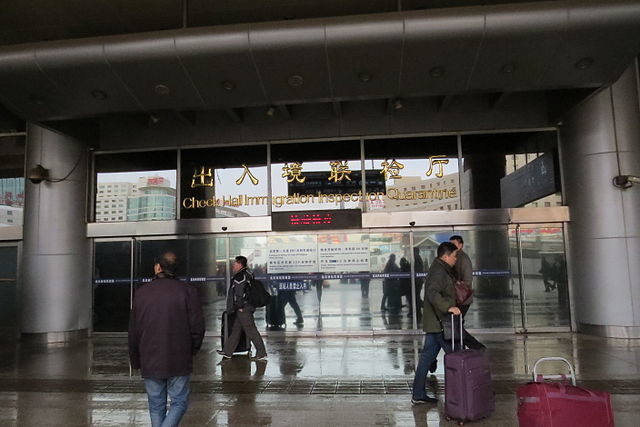The World Customs Organization (WCO) has chosen “SMART borders for seamless Trade, Travel and Transport” as its theme for 2019, to be launched January 26 on the annual celebration of International Customs Day.
WCO Secretary General Kunio Mikuriya announced that under this slogan, 2019 will be devoted to the “swift and smooth cross-border movement of goods, people and means of transport.”
Customs, working with other agencies at the border, plays a pivotal role in facilitating trade and travel; simplifying, standardizing and harmonizing border procedures; and securing the borders, WCO said.
“It is, therefore, quintessential for Customs to take the lead in consolidating and further amplifying the ongoing efforts to ease the flow of goods and people across borders, thus turning globalization into a positive force.”
To that end, the WCO commits to promote the transformation of frontiers into “SMART Borders” with customs acting as the central connecting and coordinating hub, it continued.
“Against this background we are introducing the concept of SMART borders to strengthen the whole-of-government endeavor to facilitate trade and travel and mitigate threats inherent to the cross-border flows of goods, people and means of transport.”
SMART stands for “Secure, Measurable, Automated, Risk Management-based and Technology-driven,” the guiding principles at the center of customs compliance, enforcement, and facilitation efforts, said Mikuriya.
Under secure, customs, partner government agencies, and economic operators are called upon to continue enhancing supply-chain security and efficiency based on mutual trust and transparency.
Under measurable, the WCO will initiate discussion on developing a robust, comprehensive, and fully scientific methodology for performance measurement that aims to cover all major customs competencies and go beyond the scope of the Time Release Study.
For automated, WCO noted how rapid digitalization, shared economy, e-commerce, and the Fourth Industrial Revolution are blurring the demarcation between physical, digital, and biological components, and urged customs to strengthen measures to exploit cutting-edge technologies to improve its processes, services and overall performance.
Under risk management-based, WCO said an intelligence-driven and data-enabled risk management framework allows customs administrations to be more effective at all levels. “Customs needs to focus on a common approach to identify and address potential risks on a more dynamic basis.”
Finally, technology-driven refers to the way digital disruption has brought about new opportunities and challenges for customs and partner government agencies, which triggers the need to explore the use of other information and communication technologies, namely, smart track and trace technologies for cargo, containers and conveyances; a world-wide standard for x-ray image for interoperability between different NII equipment; advanced technologies to provide intelligence through chemical analysis of products; and the practical use of geo-spatial technologies and drones for monitoring of fragile or inaccessible terrains and borders.
“Working smartly means being prepared to reengineer business processes while applying new technologies, and achieving an interconnected global value chain that fosters economic growth in an inclusive manner,” said Mikuriya.
Photo: N509FZ









